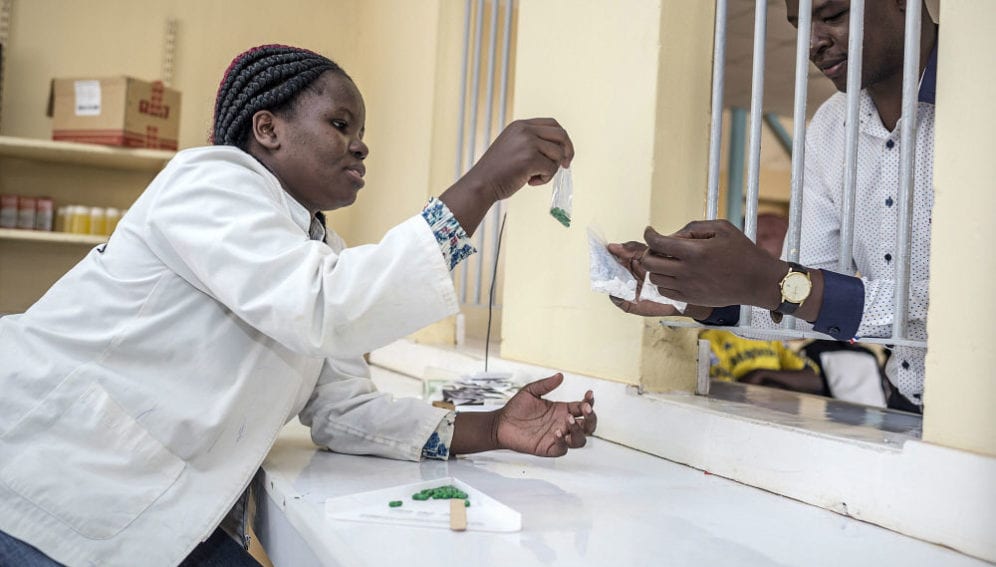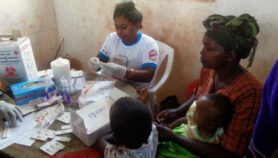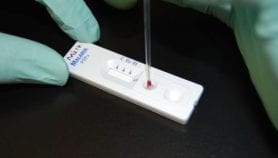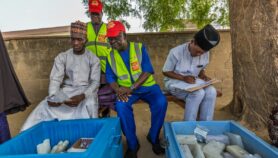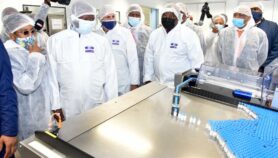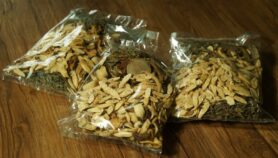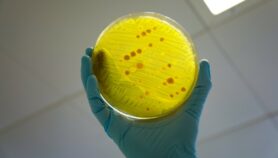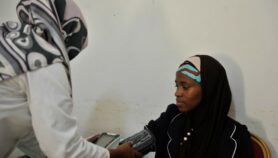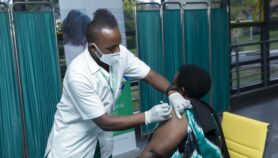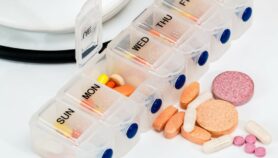By: Sarah Ofori
Send to a friend
The details you provide on this page will not be used to send unsolicited email, and will not be sold to a 3rd party. See privacy policy.
[ACCRA] A project that used storytelling and picture drawing to engage young students and their parents has resulted in increased knowledge and better attitudes regarding antibiotics use and antimicrobial resistance, according to its final evaluation report released today.
Antimicrobial resistance occurs when previously effective medicines are no longer able to treat infections caused by germs including bacteria and viruses. As the infections persist in the body, the risk of spread to others increases. Misuse of antibiotics increases antimicrobial resistance, which can derail the Sustainable Development Goals, driving millions of people into extreme poverty, says a WHO report released in July this year.
“One country, one school or an individual cannot deal with the issue of antimicrobial resistance because resistance does not know barriers.”
Martha Gyansah-Lutterodt, Ministry of Health, Ghana
“One country, one school or an individual cannot deal with the issue of antimicrobial resistance because resistance does not know barriers,” says Martha Gyansah-Lutterodt, chief pharmacist of Ghana’s Ministry of Health. “It is important to create awareness. Our children must be aware. Our parents must be aware, even our health professionals, veterinarians and everyone who has anything to do with antimicrobials [medicines that fight germs] must understand the problem at hand to derive solutions.”
Gyansah-Lutterodt, who is chair of Ghana’s Antimicrobial Resistance Working group, calls for a need to share the knowledge acquired to sustain the proper consumption of antibiotics to help in the fight.
The two-year, Wellcome Trust-funded project was implemented by Ghana-based Centre for Science and Health Communication in collaboration with the Ministry of Health, the Ghana Education Service and US-based Texas A&M University School of Public Health.
The project involved two junior high schools in Tema, a suburb of Ghana’s capital, Accra. One school used storytelling and another school used picture drawing as engagement approaches. A competition was held in each school to select top five stories and five pictures, which were combined to create an animation. The researchers used the animation to engage the parents and spark discussions on antimicrobial resistance, a phenomenon that threatens global health.
Antimicrobial resistance animation created with concepts from school children.
Credit: Centre for Science and Health Communication
According to the evaluation findings, whereas picture drawing had significant effect in changing knowledge, attitudes and beliefs among children age 12-15 years old, storytelling had greater effects on the parents rather than the children. The report explains that the tendency for children to discuss stories with their parents might have resulted in this difference. Children who used picture drawing engagement approach did not take their drawings home to discuss with their parents, the report adds.
David Anidaso Anum, the co-principal investigator of the project and the project manager of the Centre for Science and Health Communication, says that although the outcome of the project is exciting, it was not without some challenges.
“It has been very difficult inculcating lessons on antimicrobial resistance with main science lessons. Another challenge encountered was how teachers would judiciously use about 15-20 minutes of their teaching time to engage students successfully.”
Gifty Osei, a 15-year student from Star Junior High School, Tema, tells SciDev.Net, “I used to not complete my medications. Now, I finish taking my medicines. I think more students should be educated on correct use of medicines such as antibiotics. We also need more education through billboards, television, radio and social media.”
Science teachers involved in the project admitted that they have been enlightened.Susan Asante, a science teacher from Star Junior High School, says that, “prior to this project although I knew about antibiotics, I had no idea one needed to strictly follow prescriptions for consuming antibiotics”, adding that she now feels obliged to teach new students more on antimicrobial resistance.
Some parents say that the project disabused their minds of the improper consumption of medications, especially antibiotics. “I now understand the consequences of self-medication,” says Amos Acquah, a parent.
This piece was produced by SciDev.Net’s Sub-Saharan Africa English desk.


